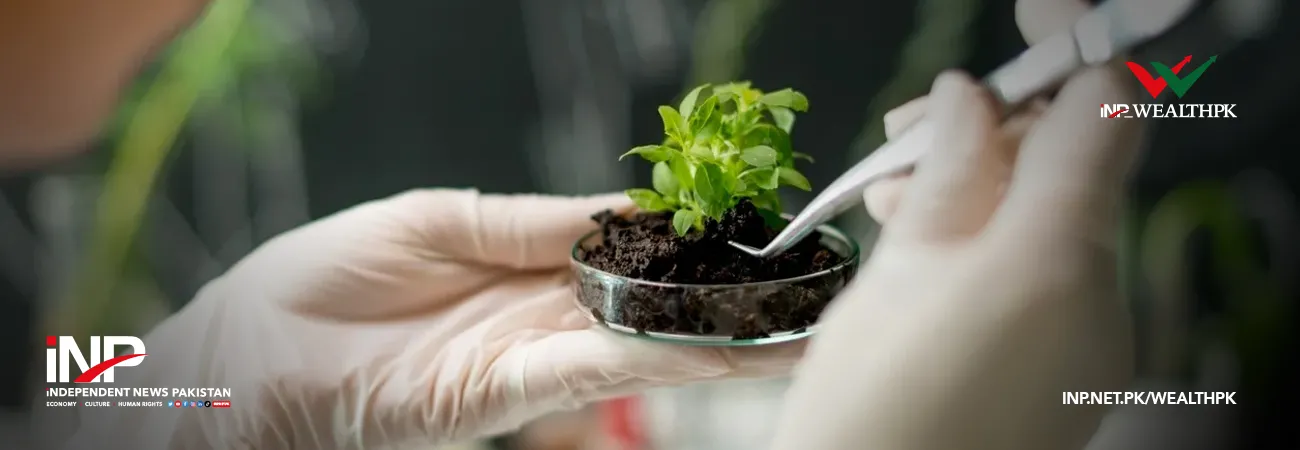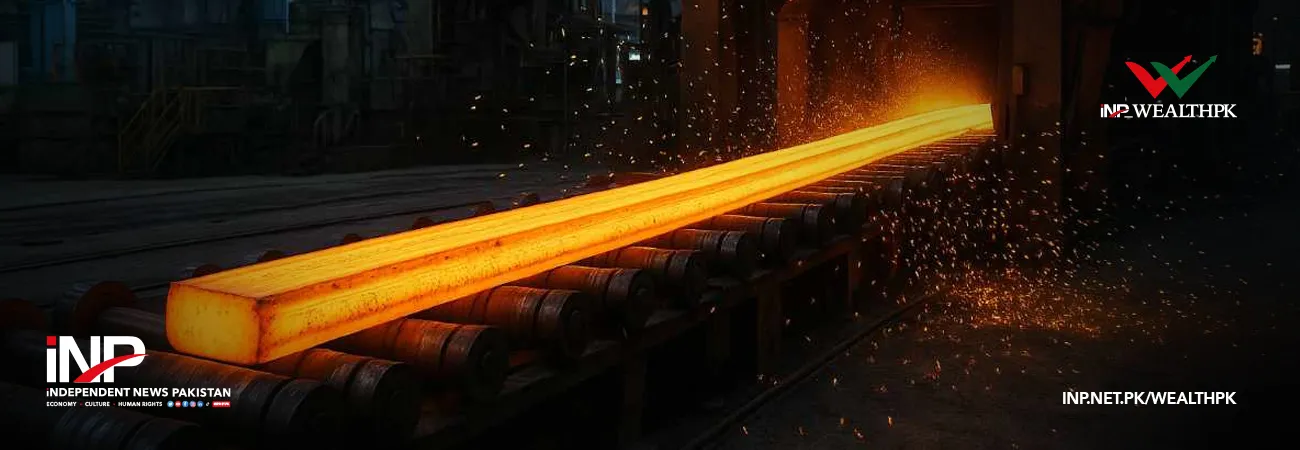INP-WealthPk
Shams ul Nisa
Tariq Glass Industries Limited (TGL) has experienced downturn due to a slowdown in the construction sector and an increase in imported float glass, leading to a sharp decline in demand for its products in the first quarter of the ongoing fiscal year 2024-25, reports WealthPK.

During 1QFY25, Pakistan's construction industry faced a downturn, reflected in reduced sales of essential materials like cement and steel. This decline was closely linked to the demand for float glass, which is primarily utilised in construction projects, and affected the company’s sales. Tariq Glass Industries was founded in 1978. It became a public limited company in 1980. The company specialises in the production and sale of glass containers and tableware. Financial results of the company, which is registered on the Pakistan Stock Exchange (PSX), show its net sales for the first quarter of FY25 stood at Rs6.89 billion, slightly down from Rs6.92 billion during the same period last year. This decline underscores TGL’s difficulties as it grapples with reduced activity in one of its primary markets.
The surge of imported float glass heightens competition in the local market. With an influx of cheaper imports, local manufacturers such as TGL face mounting pressure to compete on price, making it harder to sustain profitability. However, TGL successfully raised its gross profit margin from 22% in 1QFY24 to 27% in 1QFY25. But this improvement wasn’t sufficient to counterbalance the overall drop in sales volume. Furthermore, the company reported a profit-after-tax of Rs705 million for the quarter, down from Rs759 million during the same period in FY24. The earnings per share also fell from Rs4.41 in 1QFY24 to Rs4.10 in 1QFY25, indicating that despite some operational improvements, the company struggled to keep pace with market demands and external pressures.
However, TGL has taken steps toward ensuring sustainability by investing in renewable energy projects, boosting its solar power generation capacity to 3.5MWh. This initiative has not only lowered energy-related operational costs but also aligned with global sustainability trends, an essential aspect of modern manufacturing. Amid faltering construction and high imports, the company’s management emphasises the government’s support for boosting local manufacturing. The company’s liquidity and sales have also been strained by rising costs and excessive taxation compounded by inflation. Despite these challenges, TGL's management is cautiously optimistic about achieving long-term stability through strategic interventions.
Credit: INP-WealthPk













